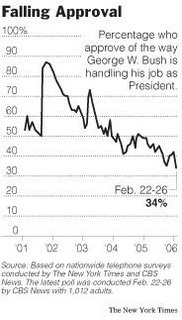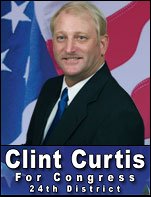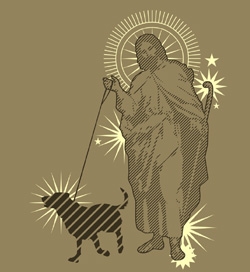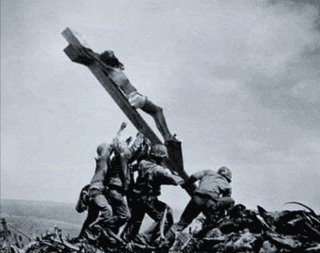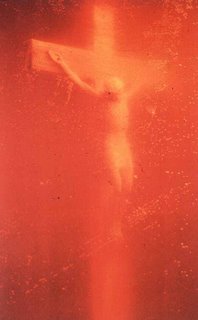What I'm reading:
Ron Brown's Body: How One Man's Death Saved the Clinton Presidency and Hillary's Future by Jack Cashill
Cashill's book is better than I thought it would be given that it is published by WND Press, associated with WorldNetDaily, one of the nuttier wingnut news sites. I am not convinced that Ron Brown was murdered--and, in fact, the author himself says that an accident cannot be ruled out although he clearly leans toward murder. There is certainly information in this book that is suspicious to say the least. Cashill quotes "Wecht's Law", named after famed pathologist Dr. Cyril Wecht, who has been a prominent Warren Commission critic for decades. Wecht's Law states: "The more controversial a case, the more likely evidence is to turn up missing." In the case of Ron Brown, the first set of x-rays, which appeared to show a "lead snowstorm", indicative of a bullet having been fired, disappeared and a new set of x-rays were taken. The second set of x-rays themselves then disappeared. Cashill also relates the stories of several witnesses, including a forensic photographer, Kathleen Janoski, and Lt. Colonel Steve Coswell, who describe the suspicious hole in Brown's head.
One fact struck me: clearly someone with a lot of money was interested in investigating the death of Ron Brown. One of Cashill's sources was an apparently highly-regarded researcher by the name of Stephen Dresh, a high-level ($250 an hour) "forensic economist", who requested that his clients not be named. Nor did Dresch work alone--Cashill refers to his "Russian associates working for him on the ground in Croatia."
Regardless as to whether Ron Brown was murdered or died in a tragic accident there is much interesting material in this book. As he states:
Even if the plane crash were accidental, Brown and the thirty-four others died for no higher purpose than to secure a sweetheart deal between a fascist dictator and a notoriously corrupt American company.
That company was Enron. And as Cashill states:
Enron execs would become frequent flyers on Brown trade missions. On the last one, with impressive clairvoyance, they chose to take their own planes.
Cashill is no fan of Bill Clinton. Clearly he believes that Ron Brown's activities related to the so-called Chinagate scandal, namely allegations that Bill Clinton damaged this nation's security by allowing the transfer of dual-use technology to China, in exchange for campaign contributions.
The issue is not that clear-cut. Clinton did change his campaign positions and grant waivers allowing sensititive technology to be sold to China, however, there was a debate in his administration between those who favored a more restrictive approach, and those who favored a policy of "constructive engagement" with China. Clinton was under heavy pressure from some of the wealthiest and most powerful businessmen in the country to grant the waivers:
Motorola. Loral. Hughes. MCI. RSA Security. They all wanted the same thing--an open door to China, national security be damned.
To be fair, there are those who view Clinton's effort to "liberalize" export controls as a kind of necessary reform. They include much, if not most, of the high-tech corporate leadership and at least a few academics.
A few years back, WorldNetDaily and similar sites were full of stories hyping the China threat, and the likelihood, if not inevitability of war with China. Now, of course, we have a new enemy, the war on terror, and the China threat has faded in the minds of the Right. It might be argued that the policy of "constructive engagement" was successful and that America's economic ties with that nation are so strong as to make war undesirable on either side.
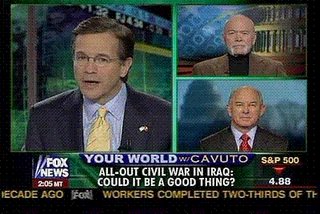
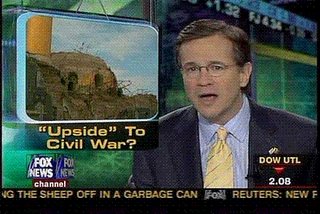 I know that every other liberal blogger ran these days ago. But just what is the upside to civil war in Iraq? So, my top 10 list of good things about civil war in Iraq...
I know that every other liberal blogger ran these days ago. But just what is the upside to civil war in Iraq? So, my top 10 list of good things about civil war in Iraq...